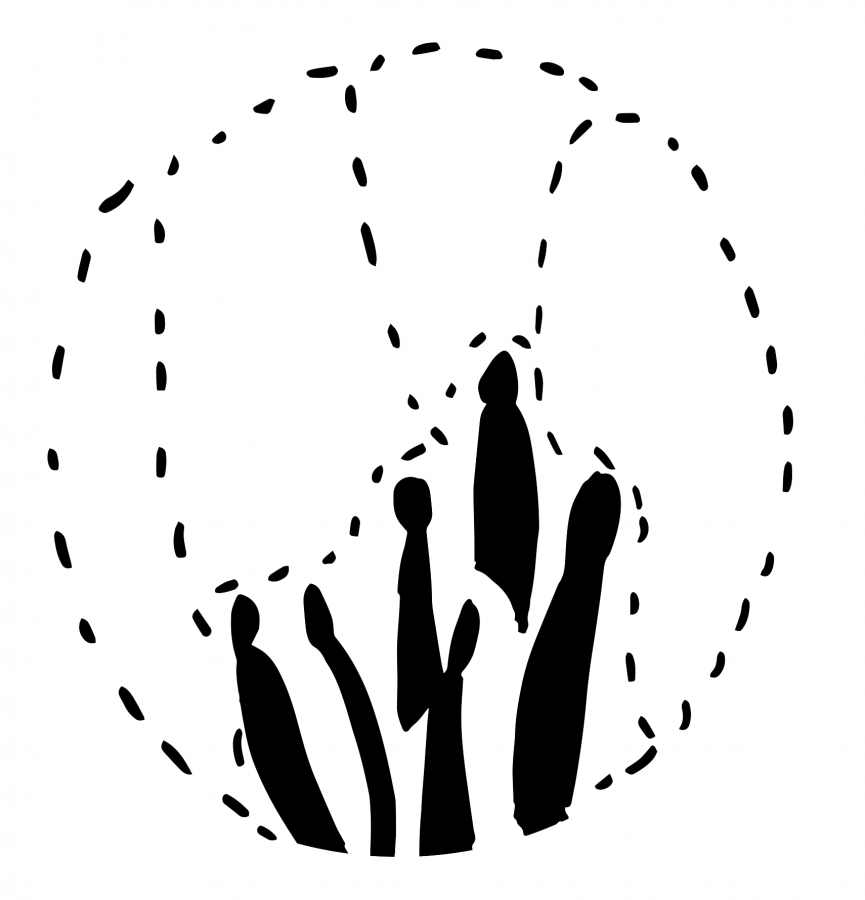Each year over 25.6 million people are drawn to the large-scale events, culture and opportunities that make Austin such a great city. Unfortunately, this popularity also contributes to our city’s human trafficking industry. A report from the UT School of Social Work estimates that there were 313,000 victims of human trafficking in 2016 in Texas alone. This issue is happening around us everyday.
As a population that is active in the Austin community, UT students should be prepared to identify and report human trafficking.
Human trafficking is the use of “force, fraud, or coercion to obtain some type of labor or commercial sex act,” as defined by The Department of Homeland Security (DHS). This means victims of human trafficking aren’t always smuggled or transported — some live and are trafficked here in Austin.
Austin sits right on Interstate-35 in a triangle between Houston, San Antonio and Dallas. Traffickers often take advantage of the high volume of people coming into the city, making Austin especially susceptible to human trafficking. Because of this, we should report signs of human trafficking even if it’s only a suspicion.
While the issue is prevalent in our city, misconceptions surrounding human trafficking can make it difficult to identify. The media often paints a picture of affluent victims, suddenly kidnapped by strangers in foreign countries and smuggled across borders. This does occasionally occur, but it is far from the norm.
Tally Jorn, program coordinator for Austin-based non-profit Allies Against Slavery, teaches people about the realities of human trafficking. She says, “Very often people that are at risk of being trafficked are those that are vulnerable because they lack resources and support.”
Foster children, sexual abuse survivors, homeless populations, runaways, people living in poverty and immigrants are particularly vulnerable populations. Jorn says that they are victimized where they live, often by people they know.
In terms of identifying victims of trafficking, Jorn says to watch for “someone who looks like maybe they're being mistreated, who is overly fearful, or who is maybe hyper-vigilant.” Students should watch out for these as well as a other indicators available on the DHS website.
Jorn adds, “you don’t have to do specialty training to know that something isn’t right.”
If you do identify a person showing some of these signs, you should call the National Human Trafficking Hotline at 1-888-373-7888. As described on their website, callers simply provide the information they have, which a supervisor then reviews. If the supervisor believes the situation might involve human trafficking, they contact local authorities to respond. Callers may even remain anonymous.
“People often feel afraid to respond initially just because they’re not trained, or it seems like a really scary issue” Jorn says. As students in Austin, we need to be prepared to help the thousands of victims in our city and state even if doing so is intimidating or uncomfortable.
Through volunteer work or even just attending festivals, we’re already in contact with populations of people who are vulnerable to traffickers. We need to keep our eyes open for signs of human trafficking and respond when we see something.
If you’d like to learn more about human trafficking in our area, Key2Free offers free monthly classes. You can also request a representative from Allies Against Slavery or All Worthy of Love to speak at an event.
The 2016 National Human Trafficking Hotline Data Report lists “community members” as the top type of caller. These are people like us. Through the interactions we have around our community, we can fight human trafficking, but only if we’re informed, intentional and ready to report it.
Palmer is an English senior from Coppell.





















